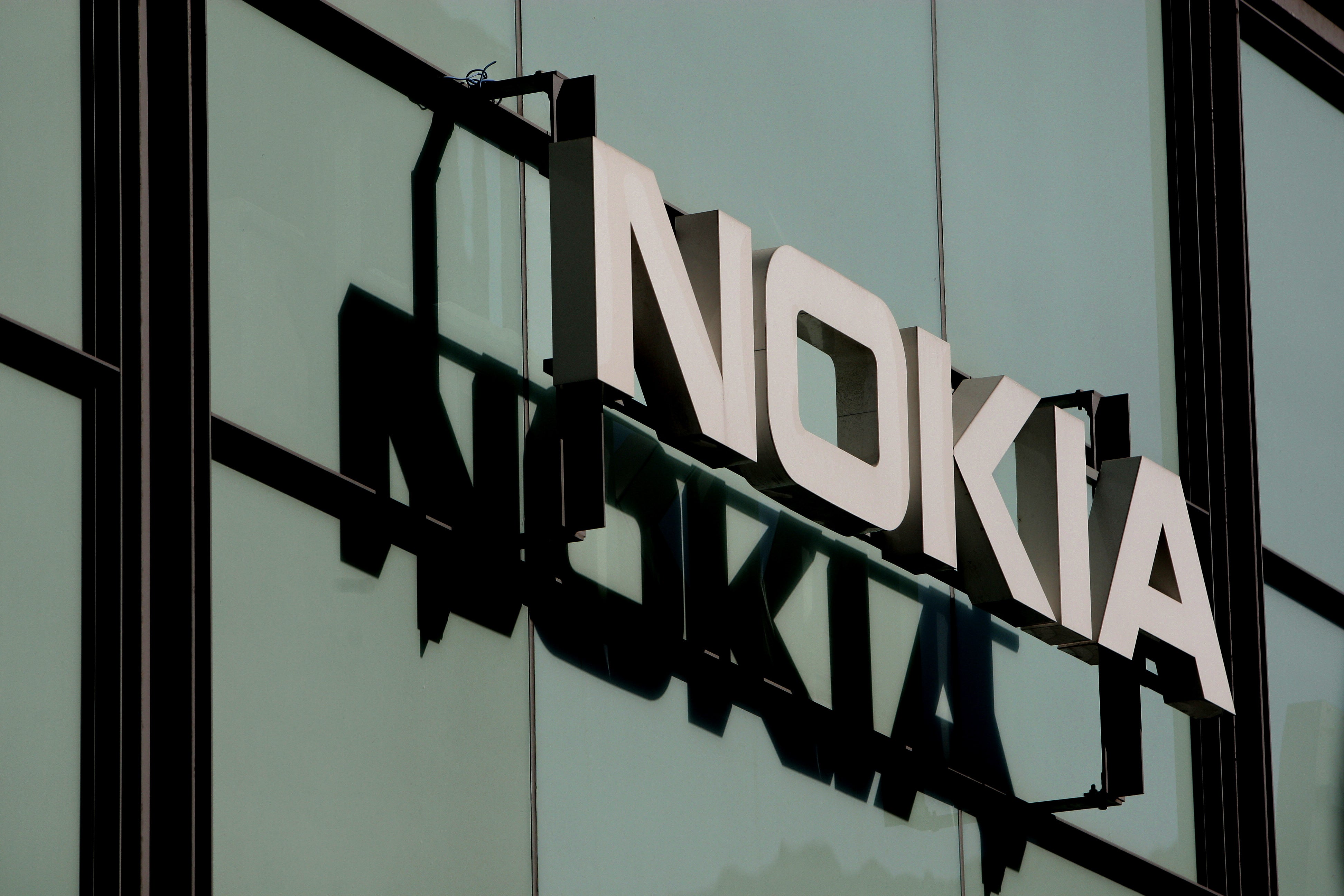Nokia third-quarter profit beats expectations despite chip shortage
The firm reported net profit of 463 million euros for the July-September period in comparison to 305 million euros a year earlier.

Your support helps us to tell the story
From reproductive rights to climate change to Big Tech, The Independent is on the ground when the story is developing. Whether it's investigating the financials of Elon Musk's pro-Trump PAC or producing our latest documentary, 'The A Word', which shines a light on the American women fighting for reproductive rights, we know how important it is to parse out the facts from the messaging.
At such a critical moment in US history, we need reporters on the ground. Your donation allows us to keep sending journalists to speak to both sides of the story.
The Independent is trusted by Americans across the entire political spectrum. And unlike many other quality news outlets, we choose not to lock Americans out of our reporting and analysis with paywalls. We believe quality journalism should be available to everyone, paid for by those who can afford it.
Your support makes all the difference.Wireless and fixed network equipment maker Nokia has reported third-quarter profit above analyst expectations on increasing sales of 5G technology and trimmed costs, but the company warned that the global shortage of semiconductors made the market outlook foggy and could hamper growth.
The Espoo, Finland-based company reported net profit of 463 million euros (£390 million) for the July-September period in comparison to 305 million euros a year earlier. Sales were up 2% at 5.4 billion euros.
Chief executive Pekka Lundmark said the third-quarter results showed the company “delivered another great quarter” driven by its increased investments in 5G technology.
He noted that the uncertainty around semiconductors limited the outlook for the fourth quarter and into 2022. The shortage of semiconductors has led to a shortage of chips for the products of Nokia and its competitors.
“We could’ve grown faster (in the third quarter) had there been enough components available,” Mr Lundmark said in a conference call with reporters, adding that Nokia was working closely with its suppliers and customers to solve the semiconductor availability problem.
The executive has vowed to make Nokia the world leader in 5G – the new generation of broadband technology – even if it means sacrificing short-term profitability.
In 5G technology, Nokia is in a tight race with Nordic competitor Ericsson, China’s Huawei and South Korea’s Samsung, among others.
Despite a booming market for 5G products, Mr Lundmark earlier this year acknowledged that Nokia faced problems in certain markets like the United States where the company has lost market share.
Its penetration of the China market also remained low despite Nokia securing an important 5G deal with key operator China Mobile this year.
Mr Lundmark said on Thursday that the “headwinds” in the US market were offset in the third quarter by a strong growth in Nokia’s fixed networks business, which he said has benefited from the Covid-19 pandemic through booming sales of fixed broadband connections built at private homes.
Sales for Nokia’s fixed networks unit grew 30%, to 588 million euros, quarter-on quarter.